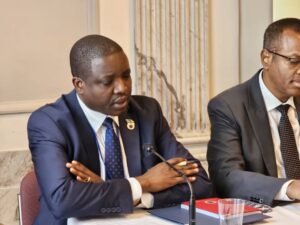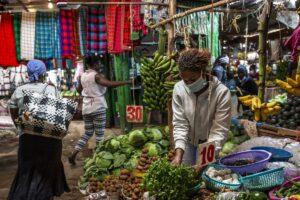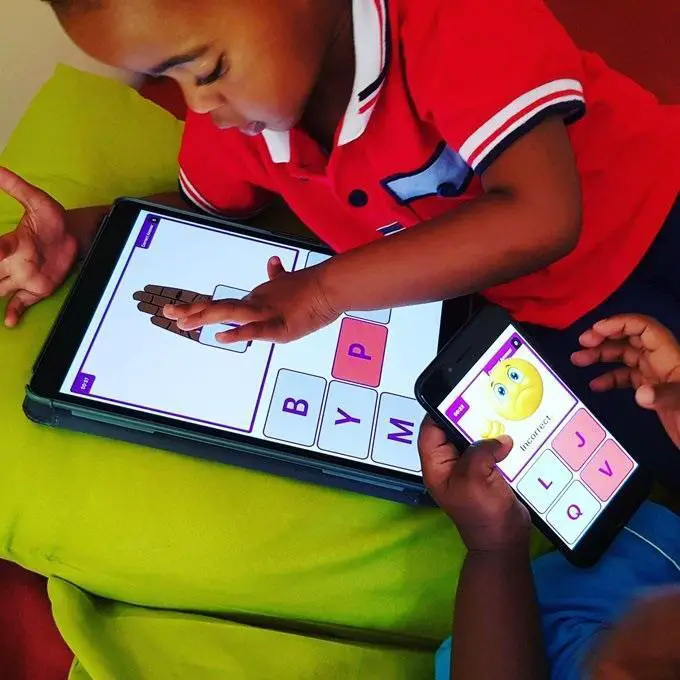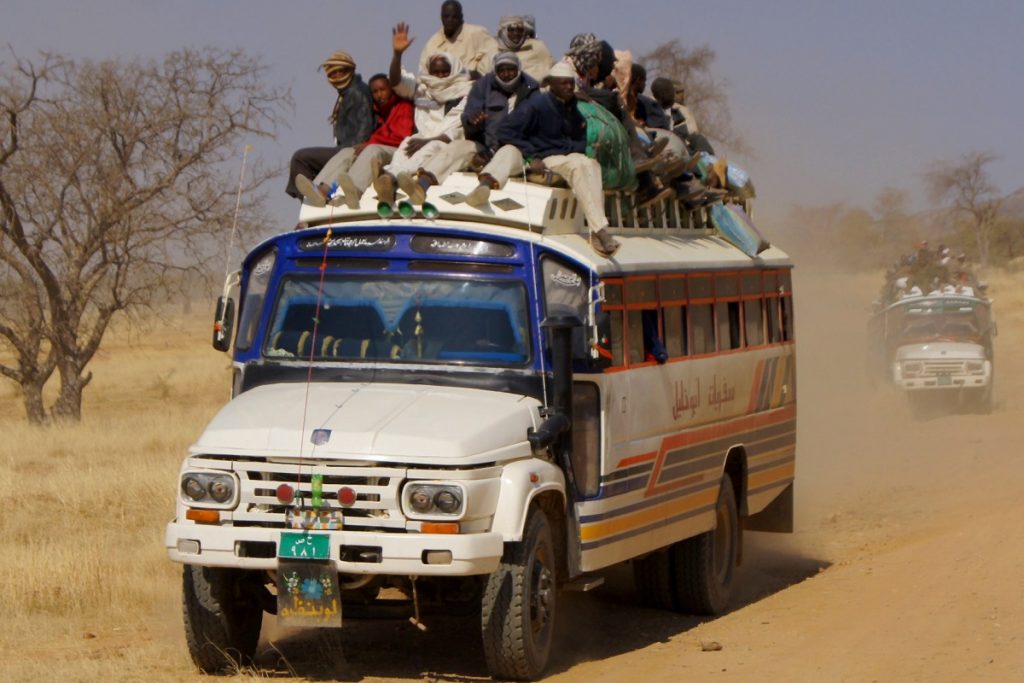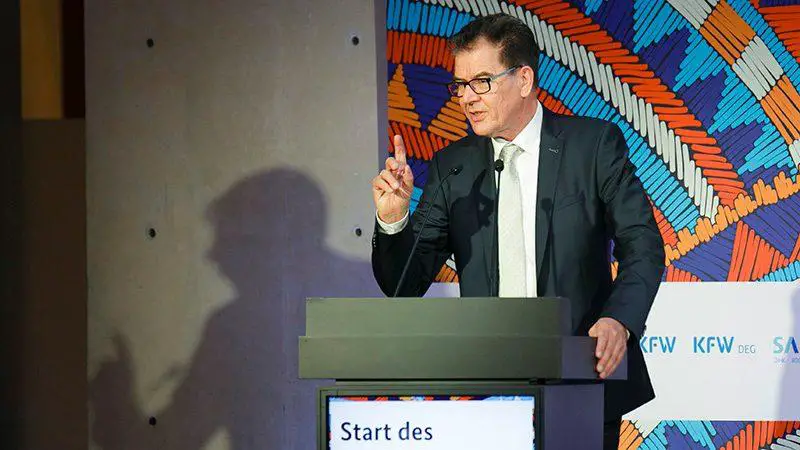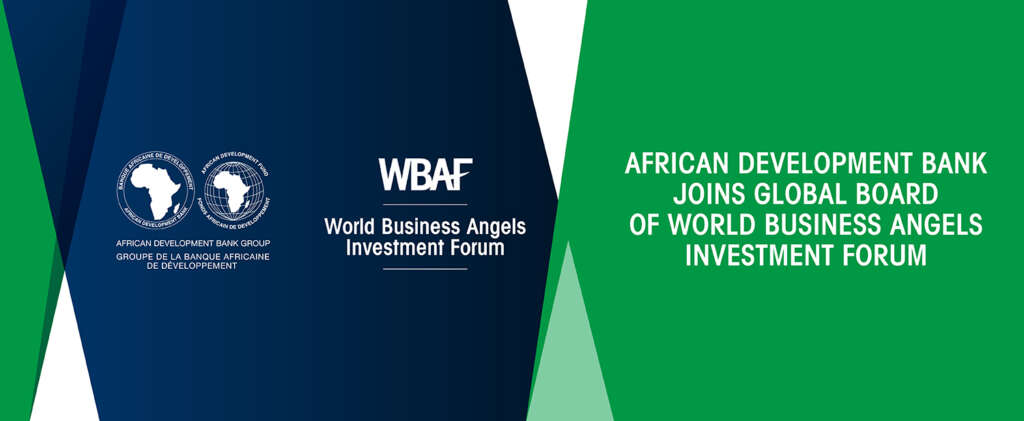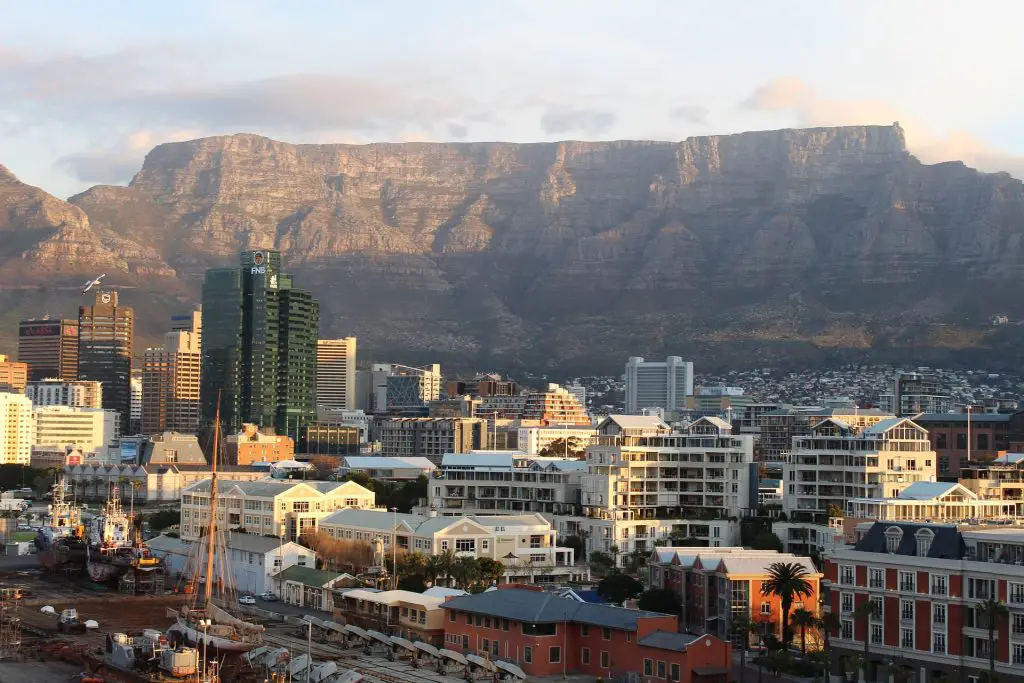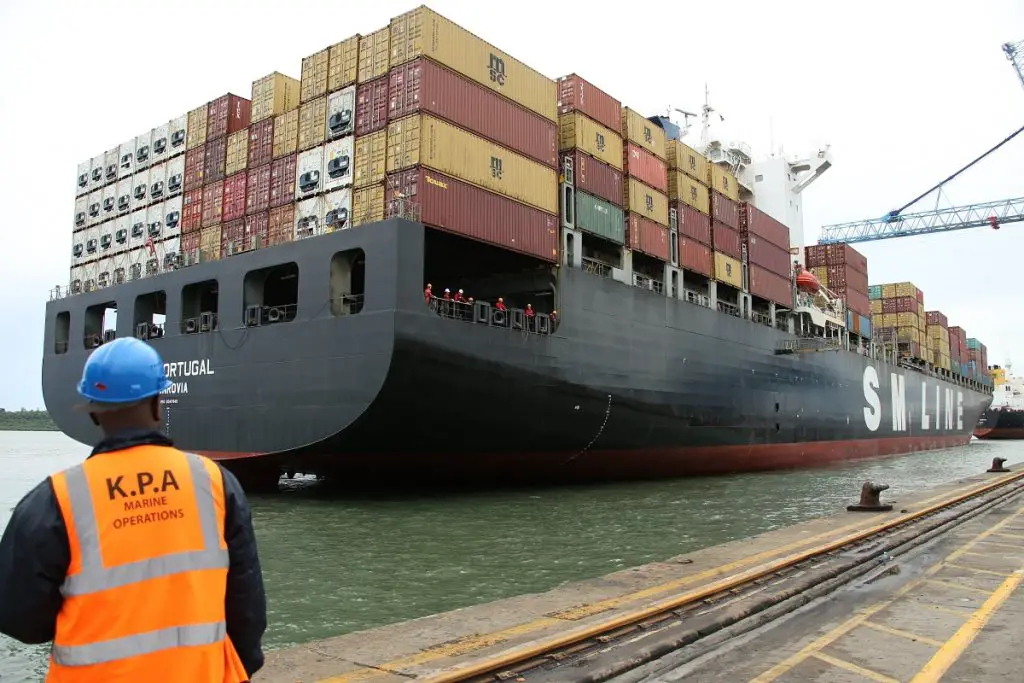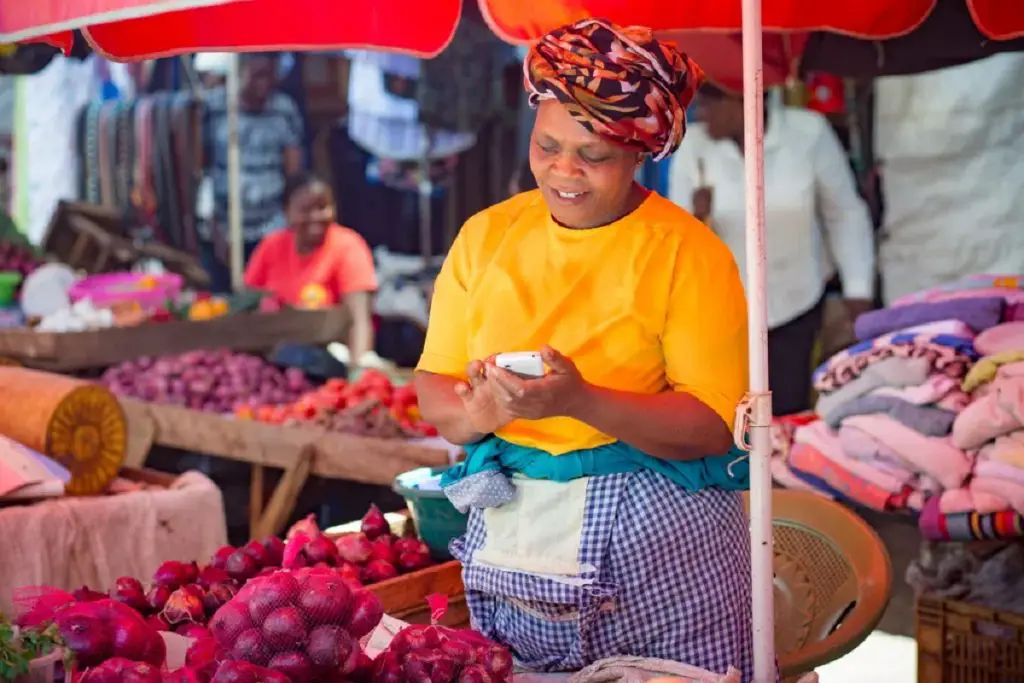- EAC monetary affairs committee to discuss single currency progress in Juba talks
- Transport and food prices drive down Kenya’s inflation to 5% in April
- Payment for ransomware attacks increase by 500 per cent in one year
- History beckons as push for Kenya’s President Ruto to address US Congress gathers pace
- IMF’s Sub-Saharan Africa economic forecast shows 1.2 percent GDP growth
- The US Congress proposes extending Agoa to 2041, covering all African countries
- Millions at risk of famine as fuel tax row halts UN aid operations in South Sudan
- Empowering the Future: Humanity Protocol’s Dream Play Initiative
Browsing: Africa
Technology is making Africa an inclusive continent.…
The largest movement of African migrants was within Africa where these emigrants also make a very clear contribution to the economy of the country they move into.…
Africa trade and investment cooperation,
To drive Africa’s development, available workforce, access to markets and transport, investment and business climate, energy and technological infrastructure have been cited as key factors set to boost the continent.
Africa trade and investment cooperation,
This statement was said by Günter Nooke, the Africa Envoy to German Chancellor Angela Merkel during the “Investment and Trade for Africa’s Economic Development” public webinar co-hosted by the Germany-Africa Business Forum (GABF), Africa Oil & Power and the African Energy Chamber.
The German-African cooperation-focused webinar aims to show opportunities for sustainable Foreign Direct Investment (FDI) between Germany and Africa.
Also Read: Uganda’s trade deficit and exports in 2020
It is the second instalment of the German-African cooperation-focused webinar series which are under the theme of investment and trade for African economic development.
The panel comprised of NJ Ayuk, Executive Chairman of the African Energy Chamber, and Rene Awambeng, …
On the 1st of October 2020, the Global System Mobile Association (GSMA) released their “Mobile Economy Sub-Saharan Africa” report which forecasted the mobile economy in Africa into 2025.[1] A positive outlook to start the month of October and the last quarter of 2020.
The highlight of this forecast is that by 2025, even with 1.05 billion sim connections and 614 million unique mobile subscribers and smartphone adoption reaching 65% of the total population, only 39% of Africans would be experiencing their mobile web on those smartphones. This seems to suggest that even though there would be exponential smartphone growth over the period the cost of connectivity may be a showstopper. That’s not necessarily the case because there’s more happening than meets the eye.
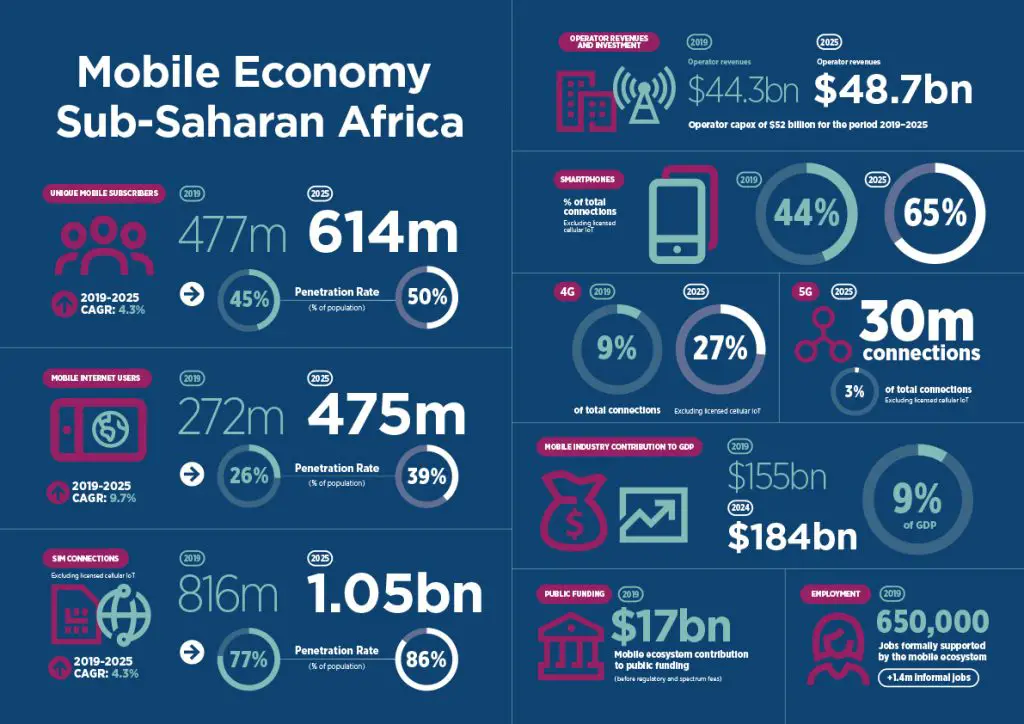
The Mobile Network Operators (MNOs) are going to spend collectively about $52 billion on infrastructure between now and 2025 and this would grow their revenues …
illicit capital flows
Curbing illicit capital flows could almost cut in half the annual financing gap of $200 billion that the continent faces to achieve the Sustainable Development Goals according to UNCTAD’s Economic Development in Africa Report 2020.
The report titled “Tackling illicit financial flows for sustainable development in Africa,” notes that every single year an estimated $88.6 billion, equivalent to 3.7 per cent of Africa’s GDP, leaves the continent as illicit capital flight.
According to the report, Illicit financial flows (IFFs) are movements of money and assets across borders which are illegal in source, transfer or use. The outflows include illicit capital flight, tax and commercial practices like mis-invoicing of trade shipments and criminal activities such as illegal markets, corruption or theft.
As per the average for 2013 to 2015, the outflows are nearly as much as the combined total annual inflows of official development assistance, valued at $48 …
The World Business Angels Investment Forum announced the African Development Bank as its newest Board Member.
The bank will represent Africa’s early-stage equity markets, angel investors, entrepreneurship and startup ecosystems, small and medium enterprises and high-growth businesses and private equity funds.
The African Development Bank Director of Industrial and Trade Development, Abdu Mukhtar will occupy the bank’s board seat.
“We are delighted to have the African Development Bank Group as a global board member of the World Business Angels Investment Forum. I am confident that by including AfDB, WBAF will be able to provide a wide range of opportunities for start-ups, scaleups and high growth businesses in Africa—ones that will open the doors for economic development. By working together across borders, with a common vision, and with these smart dynamics in mind, we are well placed to bring about positive change in Africa and the global economy.” Said Baybars Altuntas, …
Africa is big! Africa is growing and is projected to be more populous than it is now. Estimates indicate that nearly 2.8 billion people will inhabit Africa by 2060, according to the World Bank.
The high population could impact African countries depending on each respective country‘s reaction toward overpopulation and urbanization.
A crucial factor in this is land. To be more specific, urbanization of African economic hotspots ought to be analyzed effectively, because Africa is not open to the world as it supposed to be.
Not only that, but African cities are changing fast, and Africa requires a robust approach which is close to fool-proof to push the region towards sustainable development.
In this case, the Organization for Economic Co-operation and Development (OECD) report on Africa’s Urbanisation Dynamics 2020 enlightens the perspective quite vividly.
Kenya had more urban dwellers than the entire …
Sub-Saharan Africa region could see a GDP growth of2 per cent with improved port performance…
The female economy is the world’s largest emerging market and could potentially add US$12 trillion to the global GDP by 2025. …
Continent-wide, over 640 million Africans have no access to energy which corresponds to an electricity access rate for African countries at just over 40 per cent. …
